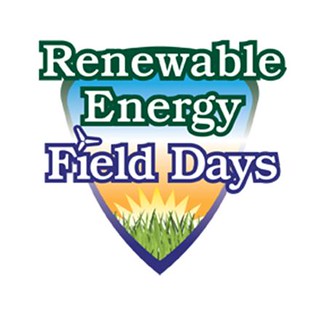This week, I led a meeting in the Roosevelt Room at the White House with leaders of a host of rural organizations to discuss the White House Rural Council. The White House Rural Council, which was established by President Obama on June 9, 2011, will build on this Administration’s unprecedented efforts to spur job creation and economic growth in rural America. Along with Jon Carson, the Director of the Office of Public Engagement and Doug McKalip of the White House Domestic Policy Council, we discussed the Council’s efforts to improve coordination among federal agencies. We focused in on ways to help better leverage existing federal resources in rural America – and on how to facilitate private-public partnerships that can move the needle in building stronger rural communities.
The meeting was a chance for me to listen to our rural partners on the issues that need to be addressed and discuss potential solutions. Some of the key issues raised included the need to coordinate more with our federal partners on health care, broadband, and other critical infrastructure; how to increase the availability of capital and lending to rural businesses and families; efforts to remove barriers to young and beginning farmers; and strategies for establishing better partnerships with states, tribes, local governments and the private sector. Many of the leaders gathered also expressed appreciation for the renewed focus on rural America and the importance the White House has placed on these issues.



 Hundreds of people, over the web or in person, learned about the financing and technology of
Hundreds of people, over the web or in person, learned about the financing and technology of 




